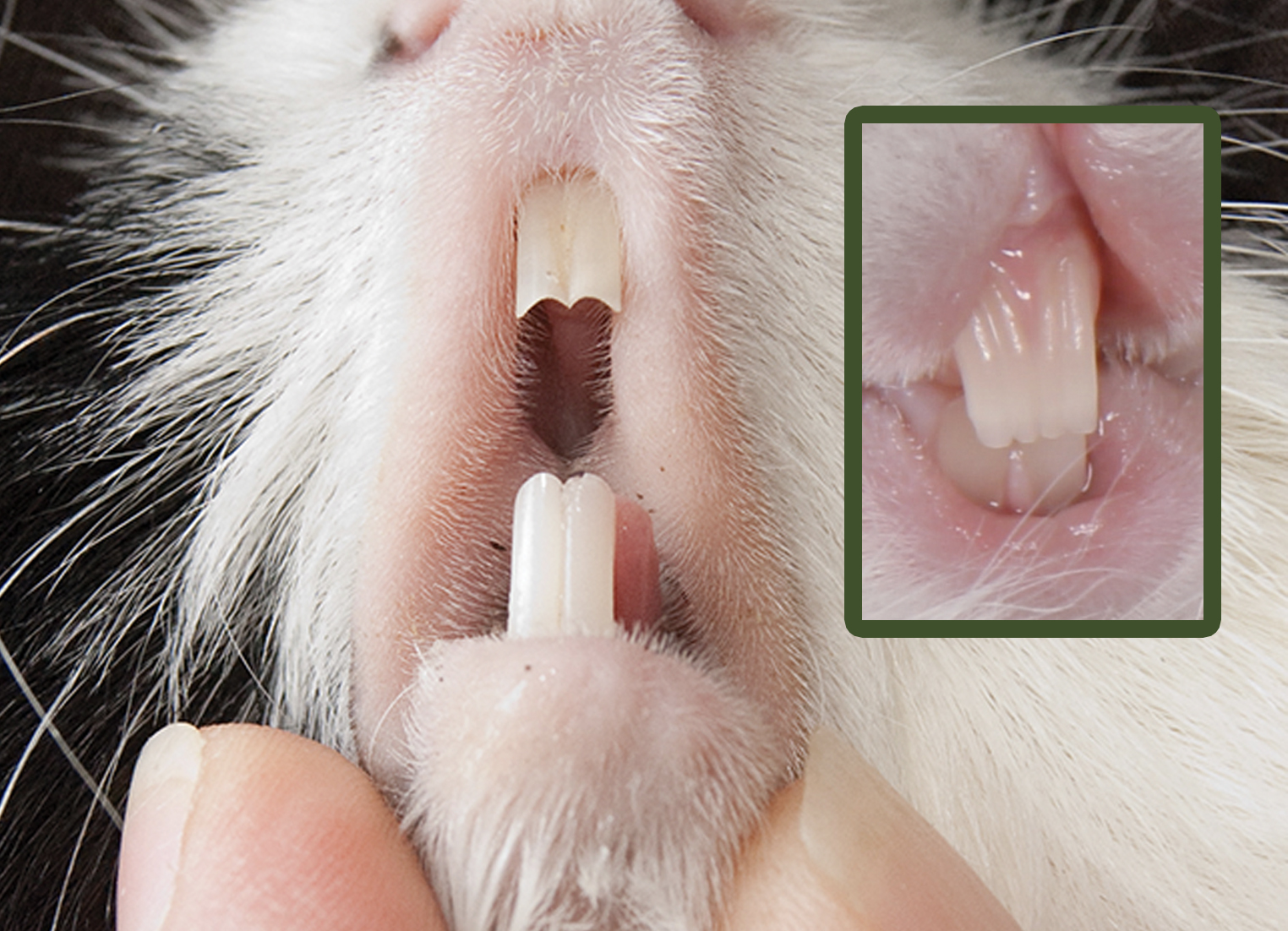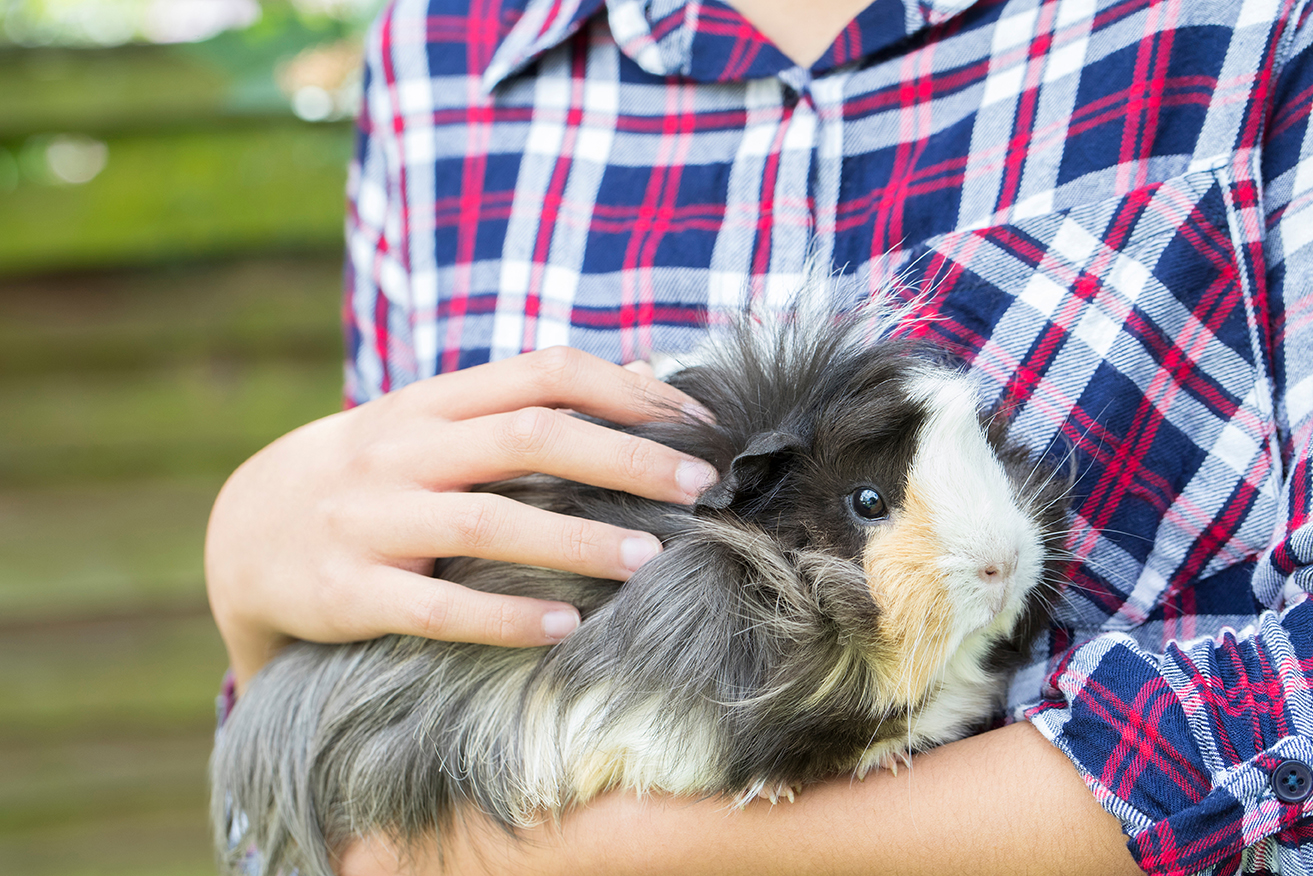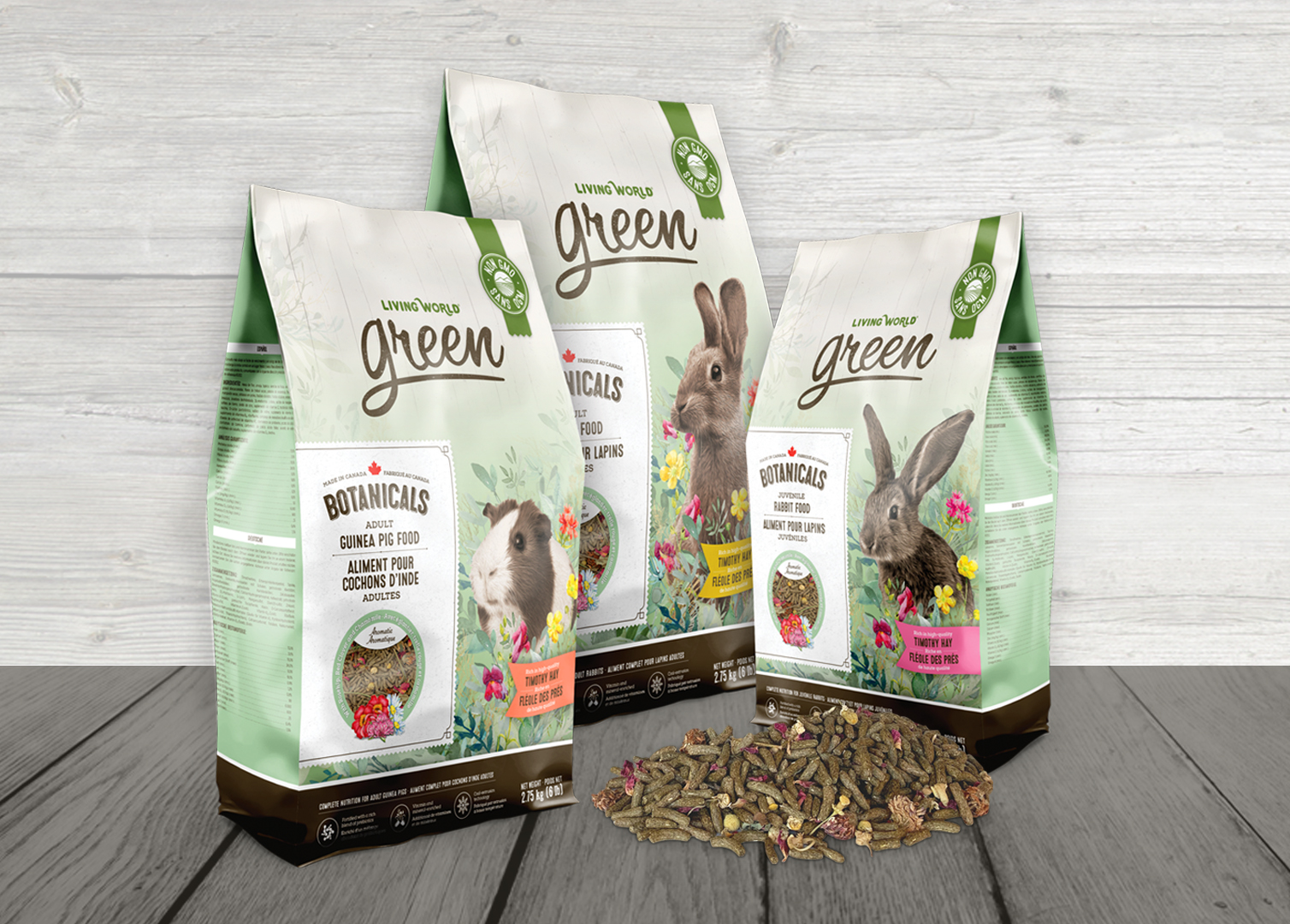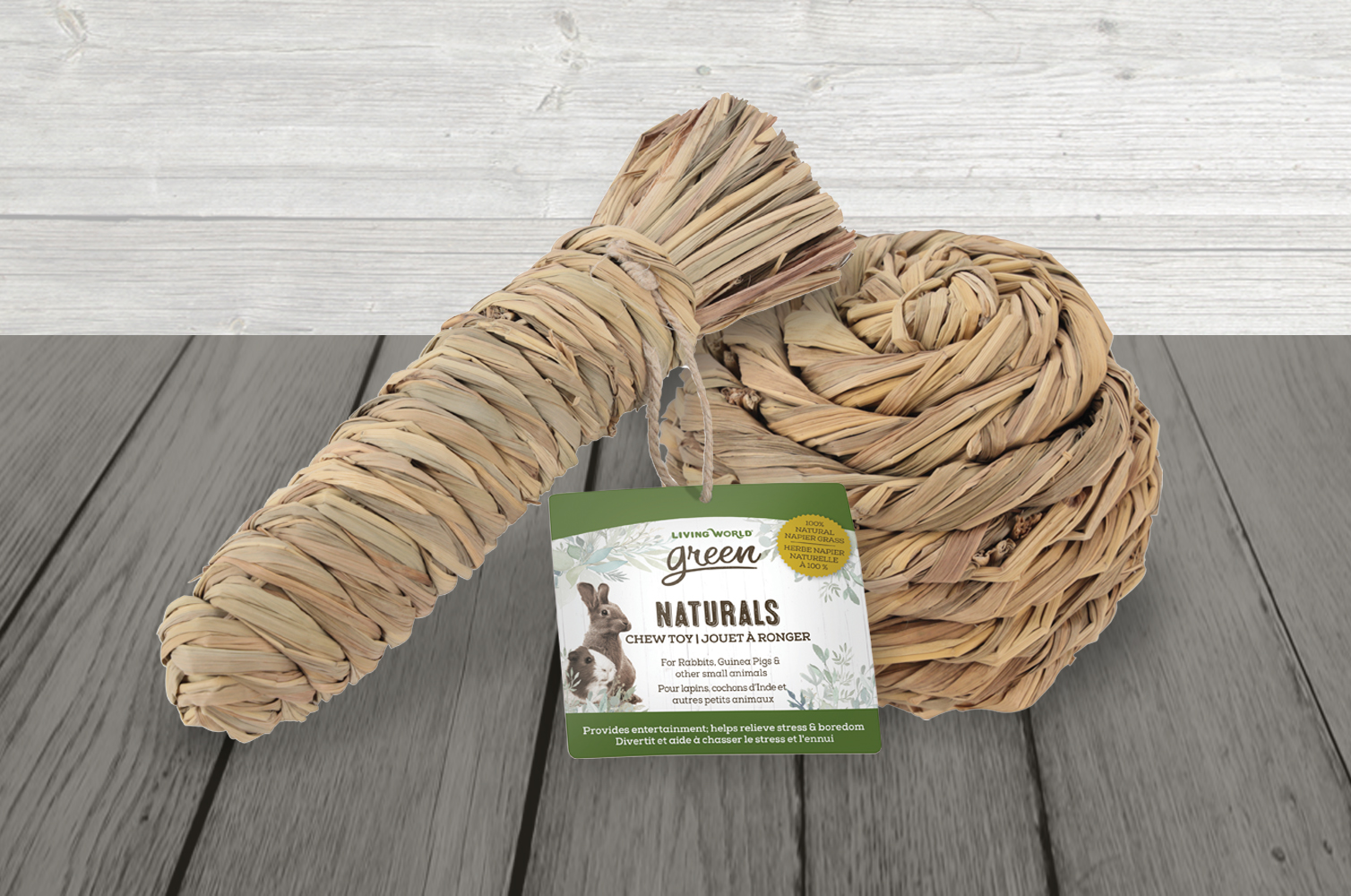Normal teeth alignment, where the top incisors are slightly overlapping the bottom ones.


Have you ever noticed how much your rabbit or guinea pig chews throughout the day? These small herbivores have open-rooted teeth, meaning they grow continuously during their lifetime – up to 13 cm a year – and the constant chewing helps wear teeth down, keeping them trim and healthy.
We all know that maintaining oral hygiene is important for overall health, and the same goes for our pets. Unfortunately, dental disease is common in pet rabbits and guinea pigs. Although easily preventable, if left untreated, your pet can suffer serious dental and health complications as a result.
Rabbits and guinea pigs’ teeth include incisors, the front teeth, and molars – known as the cheek teeth – at the back of the mouth. If teeth aren’t worn down, they can overgrow. Malocclusion, a common cause of overgrown teeth, occurs when the upper and lower teeth are misaligned, making it difficult for the teeth to wear down as they are unable to grind against each other while chewing. Incisors can grow up and out of the mouth or curl back into the mouth. Molars can develop sharp points known as spurs, which can grate against the animal’s cheek and tongue, causing pain and discomfort. This can become serious as overgrown teeth interfere with a small animal’s ability to engage in essential activities such as eating, swallowing, and grooming themselves.

As prey animals, rabbits and guinea pigs tend to hide signs of illness, pain and weakness, so symptoms of dental disease can easily be missed. For this reason, it is important to monitor your small pet for any changes in their appearance and behaviour. If you notice any of the following signs, a small animal veterinarian should be consulted as soon as possible:
Because we don’t brush their teeth the way we would a dog or cat’s, it’s important to provide your small pet with ample opportunities to chew on a variety of foods and substrates that provide the rough texture needed to maintain healthy teeth.
Dental health is closely linked to diet. The best thing you can do to ensure your small pet’s teeth are healthy is to provide them with food that is high in fiber. This will promote proper tooth wear, stopping the teeth from growing too long.
Your pet should have unlimited access to long-stem grass hay such as Timothy, which is not only essential for optimal digestive health, but provides a coarse abrasive substance that encourages the side-to-side chewing motion necessary to help grind teeth down and keep them trim.
A small amount of hard-textured extruded food and dark, leafy greens should also be offered, so that your pet has a variety of fibrous options for chewing.
Living World Green Botanicals extruded food has been formulated with a hard, abrasive texture to help promote strong healthy teeth while the long morsels provide grooming for the molars.

Providing your rabbit or guinea pig with safe, natural chew toys made from untreated hardwoods, natural grasses or paper and cardboard not only gives your small pet great textures for gnawing but is the perfect way to add enrichment to their environment.
